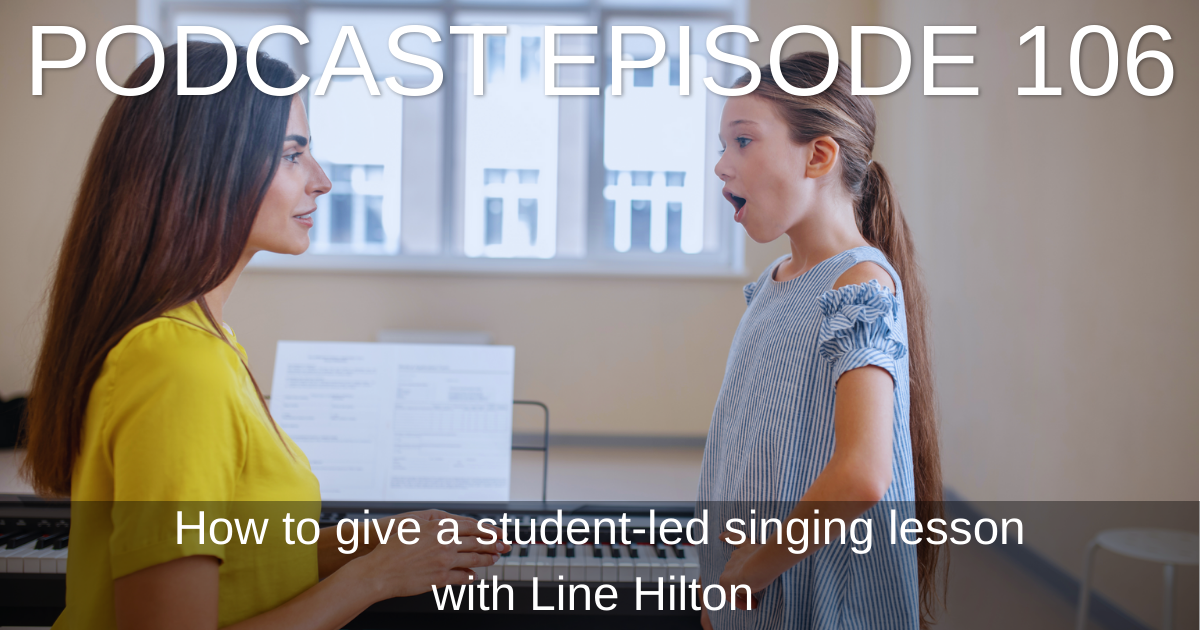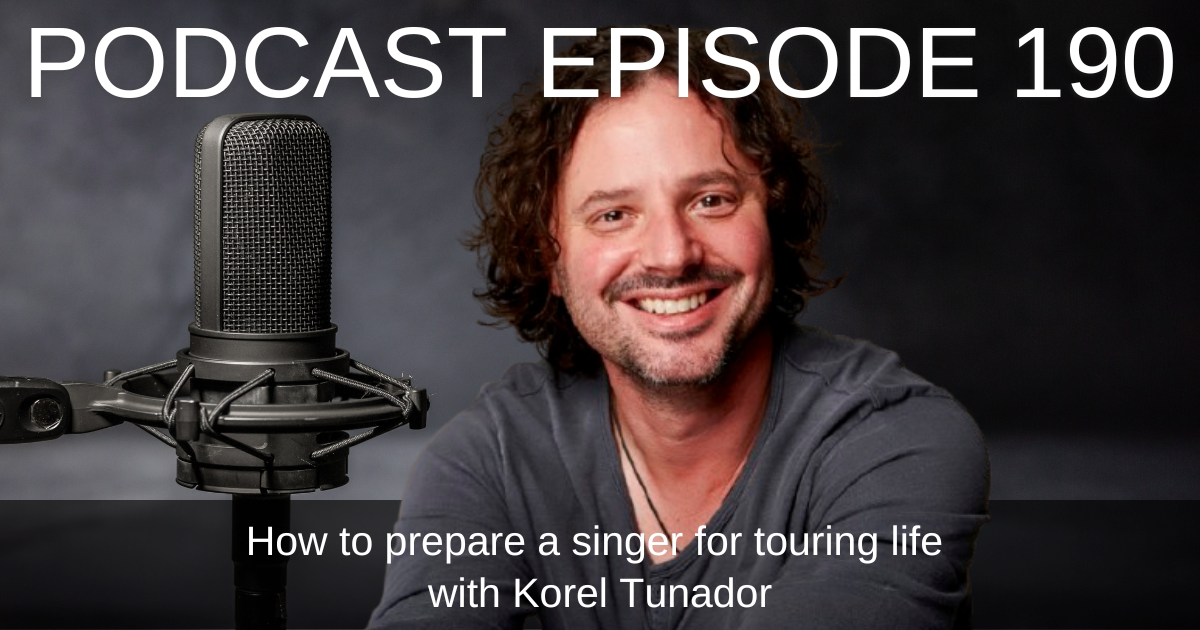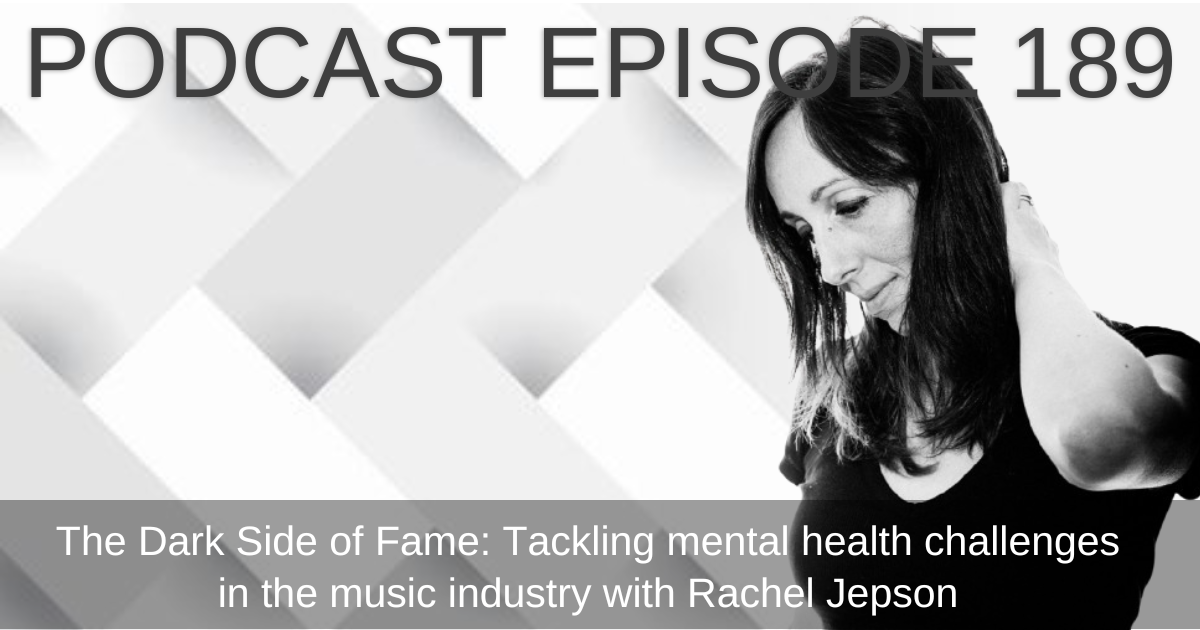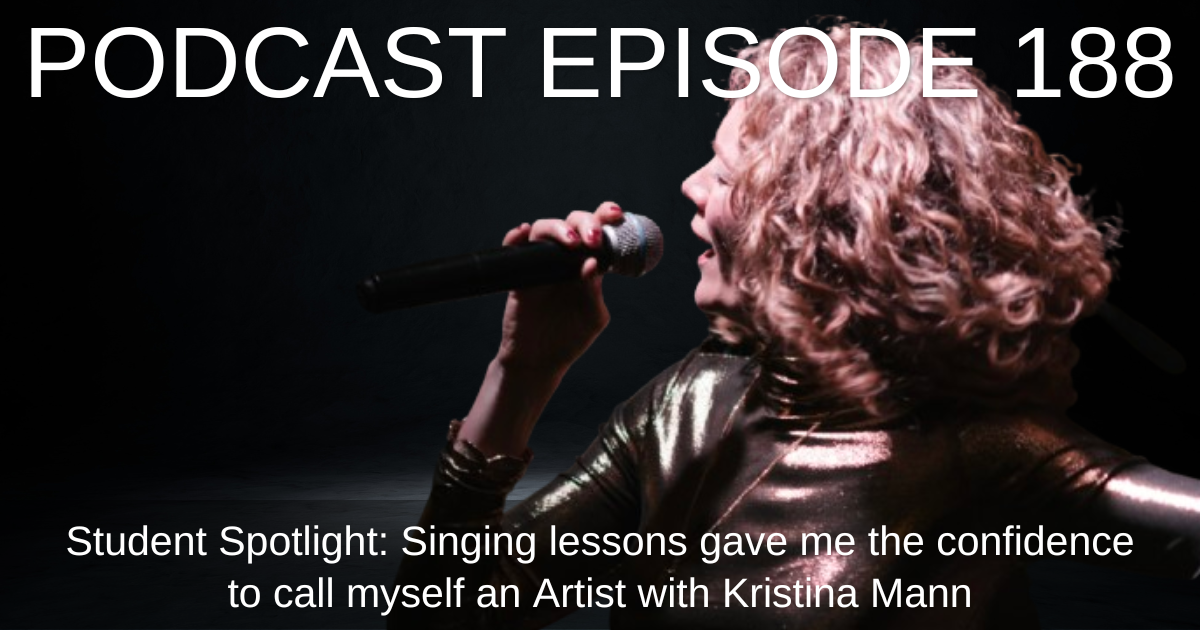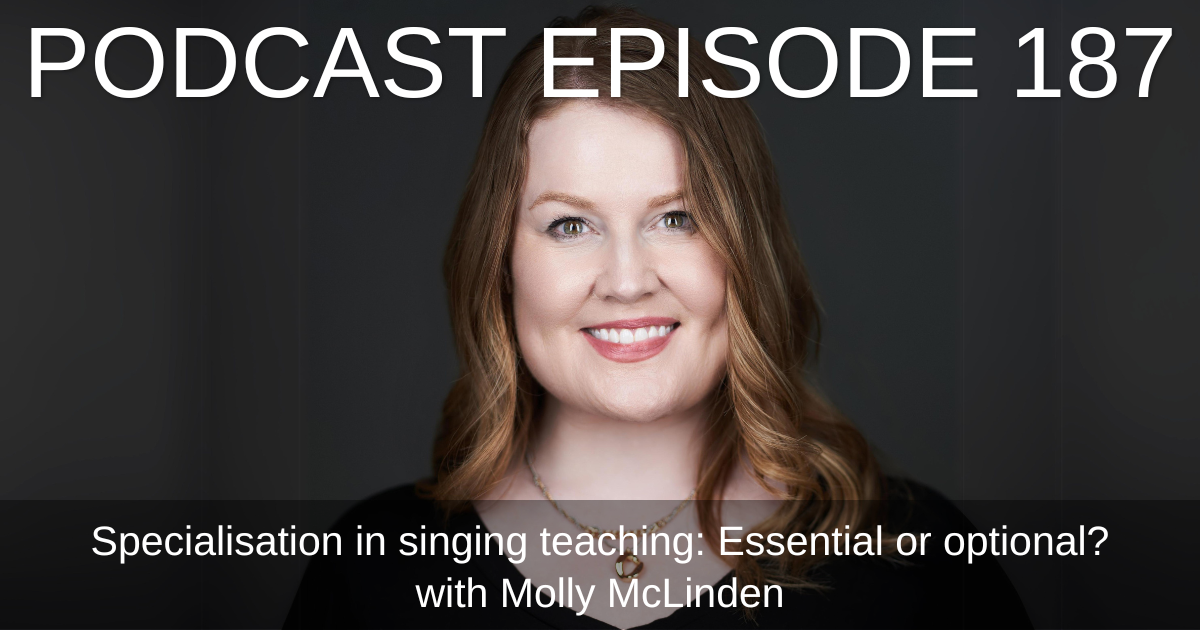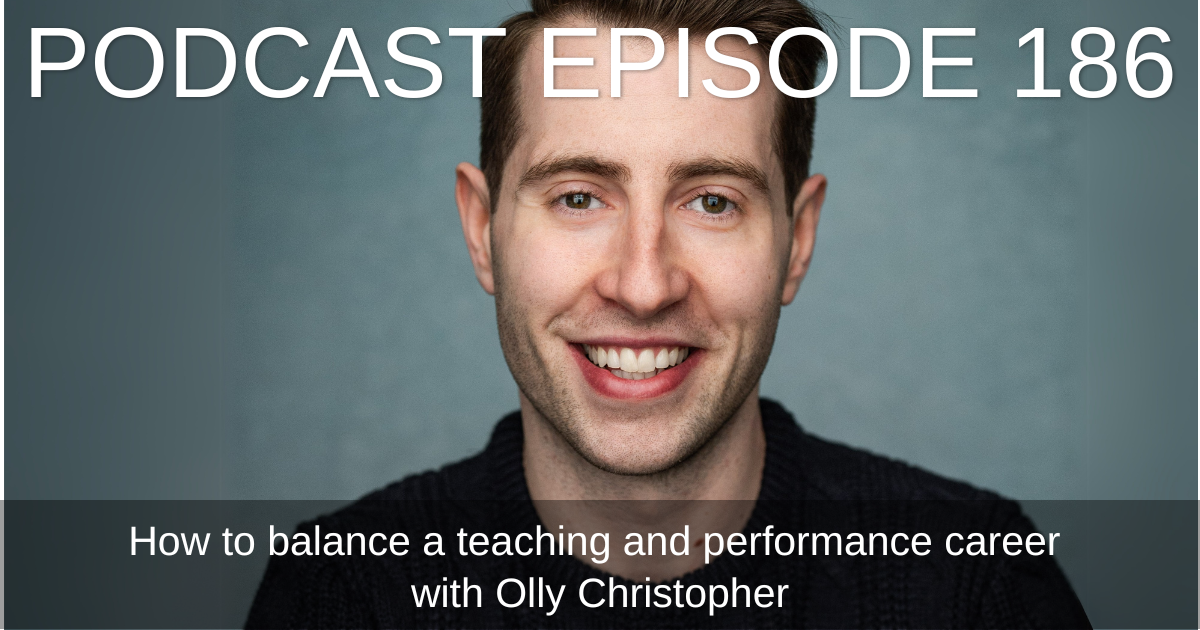BAST founder Line Hilton joins Alexa Terry today on Singing Teachers Talk to discuss giving student-led singing lessons. We’ll be talking about the different types of questions to ask and how you can get students to expand on their answers, reflect back on lessons, and set their own goals.
KEY TAKEAWAYS
- Great questions are simple, have a purpose, and influence the direction of thought without being controlling. Closed-ended questions can be answered with “Yes” or “No,” or they have a limited set of possible answers. Open-ended questions allow someone to give a free-form answer asking how, why, what and when.
- Closed questions do have their place. If someone is having trouble articulating how they’re feeling or what they’re experiencing, you can ask a question where they can give a grade. For example, was that better, worse, or the same as previous times you’ve done that? You can then try and expand on that so they can then explain better in the future.
- A lot of the time, students aren’t tuning into how their body feels; they’re relying on you as the teacher to tell them how it should feel in different scenarios. What we need to do is teach students to identify that for themselves, and with that awareness comes a greater ability to learn.
- Line encourages students to say what they want to focus on in that lesson. People feel more on board when there is some form of autonomy, and they feel like they’ve been listened to. She also encourages students to reflect back on the lessons to find out if they’ve understood what happens physically and vocally and if they achieved their goals.
- You don’t need to fill in the gaps all the time. Don’t jump in when a student is reflecting on their lesson. Say less and let them sit with it. When the time is right, ask another question to go deeper.
- Just because you’re the teacher, it doesn’t mean you know every answer – that’s too much pressure. Line likes to say, ‘That’s a good question. Why don’t you try and find out the answer yourself?’.You have to give people the opportunity to learn by themselves; that’s when we’re at our best.
BEST MOMENTS
‘It’s not about how good or bad I was, it’s about if I achieved what I wanted to achieve or not’
‘I’ve always felt the role of the teacher is to become redundant so a student can teach themselves’
‘Goals are a great form of motivation’
‘If you persist with teaching in a way they don’t like, you might lose them’
EPISODE RESOURCES
Guest Website:
Social Media:
- @basttraining
Relevant Links & Mentions:
- The Coaching Manual by Julie Starr
- BAST Book Review – The Coaching Manual by Julie Starr: basttraining.com/the-coaching-manual-a-must-read-coaching-skills-guide
Link to podcast presenter’s bios
